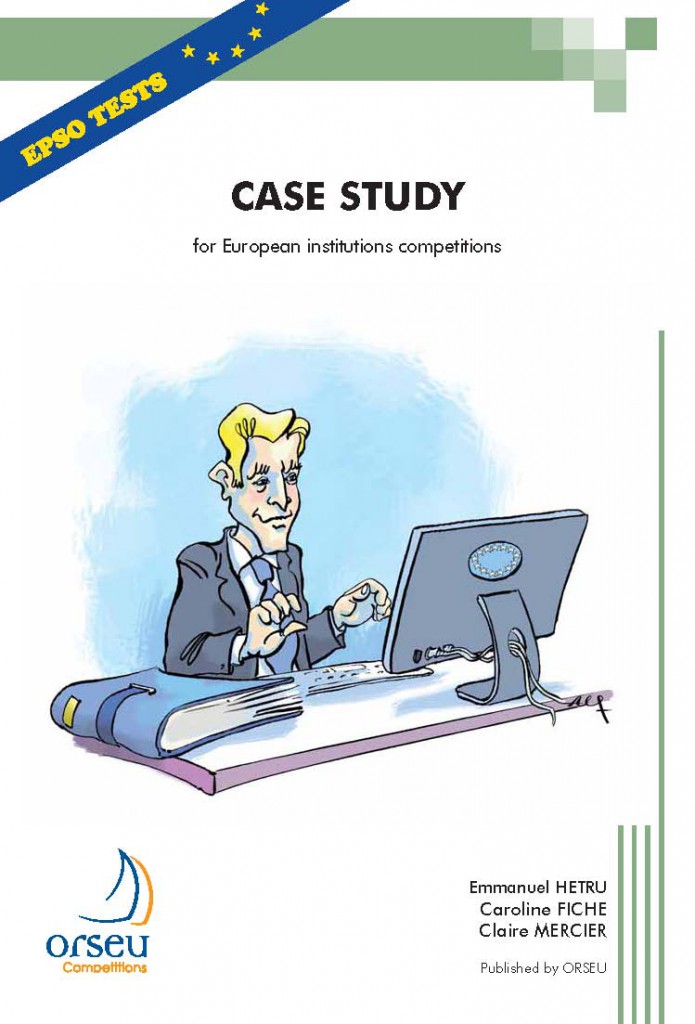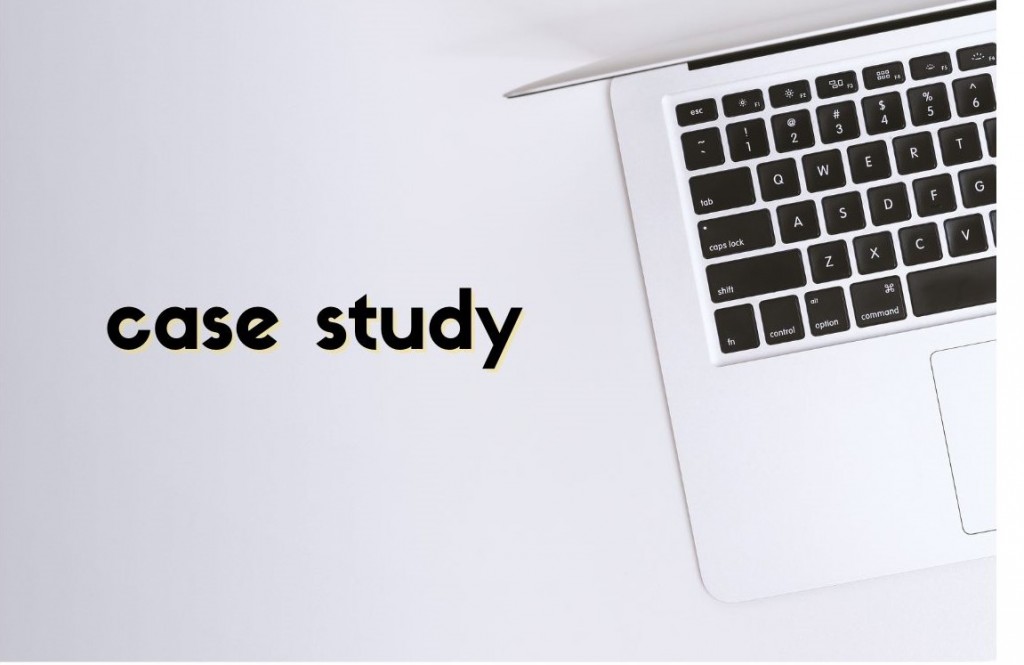Since 2023, the case study has become a crucial component of most European institution exams. It is conducted remotely on a computer, on the same day as the reasoning tests and the field-specific test.
In this test, candidates are required to answer a few questions based on information provided in a dossier. The dossier is typically available online on the EU Careers website a few days or weeks before the exam. The questions are given on the day of the test, and you will have 45 minutes to respond. Therefore, it is highly recommended to carefully study the documents in advance. This will help you better understand the topics that will be covered and quickly locate relevant information in the documents.
The case study assesses a single competency: your ability to communicate. Within EPSO’s competencies framework, this competency is defined as the ability to “convey information and opinions clearly, generate buy-in by facilitating interaction and engaging effectively with others.” You will need to communicate clearly and concisely by constructing a strong argument, taking into account the opinions of all stakeholders.
The case study does not require knowledge in the specific field. Most of the answers can be found in the dossier. Therefore, having a good methodology is crucial.

The book published by ORSEU titled “Case Study for European institutions competitions” provides a methodology and an example of a case study. It explains how to prioritise the documents in the dossier, analyse them, and create a plan to answer the questions in a structured manner. It also teaches you how to write clearly and concisely.
